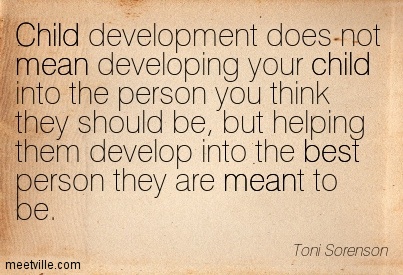A personal birthing experience for me would be the birth of my best friends daughter Aurora. When my friend Ariele went into labor, I rushed to the hospital with my husband and we waited in anticipation. I have know Ariele for 10 years, so I was very excited! She had planned on having a natural birth, no epidural, or medications. She was in labor over night, so my husband and I rented a hotel room since we live out of town. at 5 in the morning she had to have a C-section, because while pushing, she was told that her birth canal was too narrow for her daughter to fit through. When we were able to see them both, she expressed her disappointment that her birth plan didn't go the way that she wanted, but was happy for a healthy baby girl! I chose this example because it has been a year now, I am now pregnant and have my own birth plan that I would like to follow. But this example always reminds me that it may not go the way that I have planned, and if it doesn't, then that is okay too. I know that there are different ways to have a baby, naturally, with medication, water births, or a c-section, but each way just makes the experience unique and doesn't diminish anyone's motherhood.
In Chin, I have learned that 50% of women have a c-section birth over a vaginal birth, and most who have a vaginal birth have an epidural. Most doctors actually push for the women to have c-sections because it is faster, since China is a over populated area. They can do "10 or 12 c-sections in a day compared to perhaps 2 or 3 vaginal births," says MK one of the best-qualified midwives in China, according to "The Telegraph newspaper." She also says that there is a belief among Chinese families that c-section is a low-risk option, and they believe it is a better option when parents can only have one.
The differences in China verses what my friend experienced is that most Chinese women want to have a c-section, while my friend wanted a natural birth. No matter what kind of birth that you chose, you do whatever you think is right for you and your baby. I think childbirth is beautiful, no matter how you do it.
Resources
http://www.telegraph.co.uk/women/mother-tongue/9796499/Why-50-per-cent-of-Chinese-women-are-opting-for-C-sections.html

